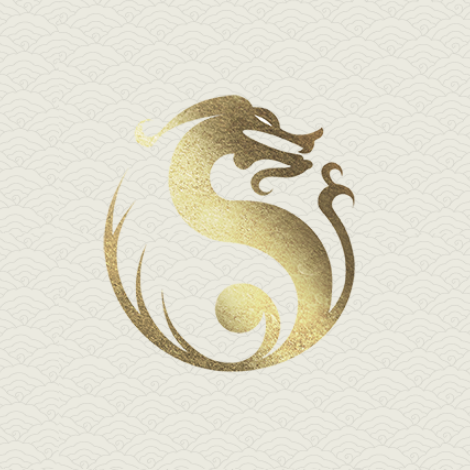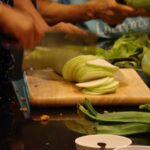
Words of Wisdom: Becoming Flexible
What does it actually mean to be flexible? Athletes have one definition, while philosophers have another. There are many ways to look at this word, and many angles from which to fully explore it. The simplest definition comes from the physical body. When our bodies are flexible, our muscles and joints move smoothly and freely, and are able to turn and twist in incredible ways.
But being flexible is so much more than a physical ability. Practicing flexibility involves the willingness to hear and accept others and their point of view without judgement; to understand and let go of the many things that are out of your control; and to see situations from multiple perspectives.
We are born with the wisdom and capability to be flexible. We often use this skill in dealing with events relating to Nature, but many times we don’t recognize how to apply it in our daily relationships. Let’s say you’ve planned a vacation to a tropical destination. Then, a storm in your area causes flights to be canceled and you have to postpone your trip. Yes, you are frustrated, but you aren’t angry at the weather. Although it is disappointing, you recognize that things like this happen. After all, Nature is unpredictable. If we can let these kinds of situations go, why can’t we let go of the many human interactions that bother us?
Whatever happens at any given moment in this reality is connected to so much more that is happening at an invisible level. It’s the tip of the iceberg of an unseen reality. Although we cannot see all the visible and invisible aspects of an event, we can feel them. Deep within us, we have the capability to let things go, but we need to practice this skill more and apply it to our encounters—with family, friends, colleagues, others—as well as life’s many situations.
The Snake, a symbol of wisdom, transformation, and intuition in the Chinese Zodiac, invites us to shed old layers and step into new beginnings. Can you be flexible in the Year of the Snake? Challenge yourself!
Join Our EXCITING New Program!
The Consciousness of the Five Elements: An Advanced Course
Have you ever wondered about patterns in the Universe and how we are inextricably connected? This course, offered by Grand Master Nan Lu, will take you on a journey into the Consciousness of the Five Elements to rediscover how the non-material world influences material outcomes. This is an advanced course but open to anyone with a basic understanding of Five Elements. Register today!
Spring Harmony March 23-30
A virtual journey with Grand Master Nan Lu to experience the free flow of Qi. Learn More









